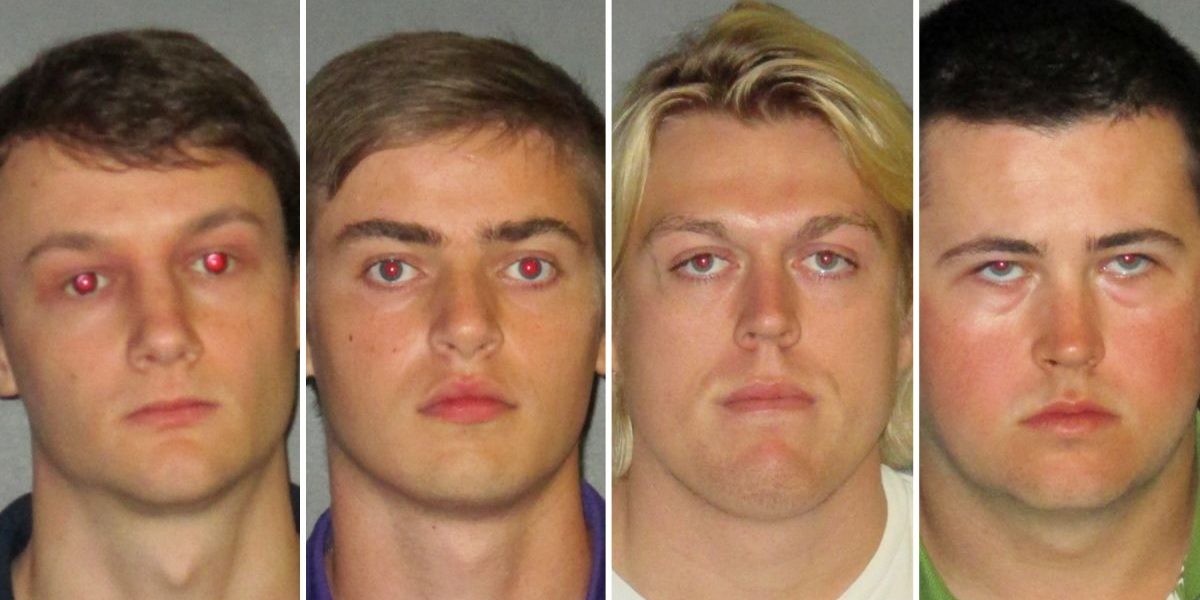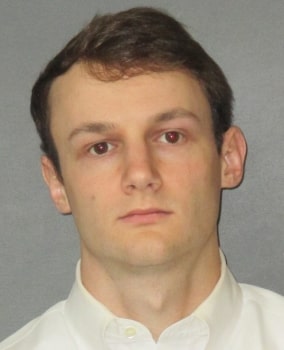Hazing remains a perilous practice, perpetuating a culture of physical and emotional abuse within various institutions. This dangerous tradition persists, posing severe risks to the well-being of the individuals involved. A poignant example is the case of Max Gruver, a student at Louisiana State University, who fell victim to hazing. Four students faced charges related to Gruver’s death, with Matthew Naquin receiving a prison sentence. Season 2 of Hulu’s ‘Death in the Dorms’ sheds light on Max’s demise, providing insights into the police investigation and the subsequent apprehension of the students involved.
Max Gruver Joined LSU a Month Before He Died
Maxwell R. Gruver, born on January 27, 1999, in Fulton County, Georgia, was known for his kind and generous nature. After graduating from Blessed Trinity Catholic High School in 2017, he excelled in sports, particularly basketball, and even dedicated his time to coaching his younger sister’s basketball team and was a close friend of his younger brother. Described by family and friends as a “gentle giant,” Gruver was admired for the love and affection he bestowed upon those close to him. In 2017, Max embarked on a new chapter by enrolling at Louisiana State University as a freshman. With a background as a published sports writer, he aspired to further his career in journalism at the university.

Brimming with hope and promise, he looked forward to creating lasting memories during his college days, and his family dropped him off at the university in August 2017. However, on September 14, 2017, the family received the news that he had been hospitalized, and he passed away soon after, The cause of his death was identified as acute alcohol intoxication with aspiration, revealing a blood alcohol level of 0.495% — more than six times the legal limit for driving in Louisiana. Additionally, the autopsy detected THC, the chemical found in marijuana, in his system.
Arrest Warrants Were Issued to 10 People For Max Gruver’s Death
Following Max Gruver’s tragic death, the police initiated interviews at the LSU campus, engaging with his friends and peers. Through their investigations, they discovered that on the night before his passing, he had attended a pledging ritual at the Phi Delta Theta fraternity known as “Bible Study.” As a freshman pledging that night, he was required to respond to questions regarding the fraternity’s history and recite the Greek alphabet. Each incorrect answer subjected him to consuming alcohol or “taking a pull” from the bottle for 3 to 5 seconds.

During the pledging ritual, the students being indicted, also known as “Pledge,” were subjected to additional activities, such as performing wall sits while other fraternity members walked and ran across their knees. Witnesses who were present that night affirmed that by midnight, Max was visibly intoxicated, leading to him being placed on a couch in the fraternity house. Concerned individuals periodically checked on him until 3 a.m., at which point they decided to let him sleep off the effects of the alcohol. When they returned around 9 a.m., they discovered him with a weak pulse and uncertain breathing.
Recognizing the severity of the situation, they promptly transported him to a hospital, where he later succumbed to the consequences of acute alcohol intoxication with aspiration. Upon completing their investigation, the police issued arrest warrants for 10 members of the Phi Delta Theta fraternity. A grand jury was presented with the evidence gathered during the inquiry, and while they opted not to press charges against one student, they failed to reach a consensus against four others. Additionally, the grand jury determined that LSU’s Phi Delta Theta chapter did not bear criminal liability. However, four men were indicted on charges of negligent homicide and misdemeanor hazing in connection with Max’s tragic death.
In 2018, two of the students, Ryan Isto and Sean-Paul Gott, pleaded no contest to misdemeanor hazing charges. They received a 30-day jail sentence for their involvement in the events surrounding Max’’s death. Patrick Forde faced similar charges, but these were eventually dropped after he provided an account of the night’s events. Forde detailed Matthew Naquin’s role, describing Naquin as quite loud and responsible for handing Max a bottle of 190-proof liquor, and instructing him to consume it. Forde implicated Naquin as a ringleader in the night’s activities but clarified that Naquin was not the sole individual responsible for making him drink that night.
Matthew Naquin is Out of Prison Today

In July 2019, Matthew Naquin was convicted of negligent homicide in connection with Max Gruver’s death. Additionally, he faced an obstruction of justice charge for deleting files and pictures from his phone during the ongoing investigation. Naquin opted to waive his right to appeal and, in exchange, had the obstruction of justice charge against him suspended. He received a sentence of 2½ years and became eligible for parole after serving 7½ months.
Naquin served his sentence at the Elayn Hunt Correctional Center in St. Gabriel and was subsequently placed on probation for three years. Since the legal case concluded, he has maintained a low profile. Meanwhile, Phi Delta Theta remains banned from the LSU campus until at least 2033.
Read More: Robert Champion Murder: Where are the FAMU Band Members Now?


You must be logged in to post a comment.